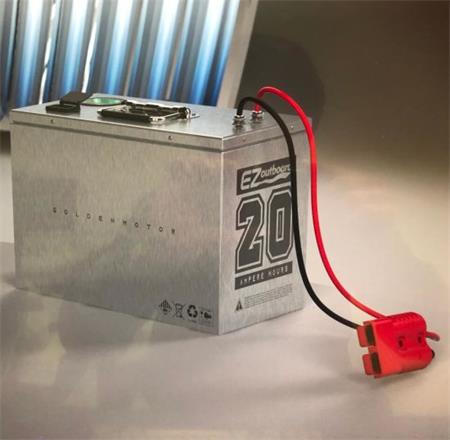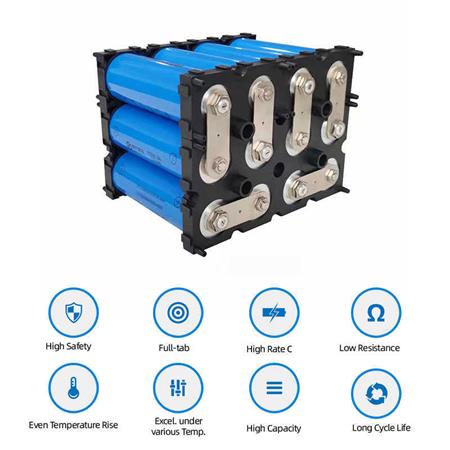The Longevity of 48V 100Ah LiFePO4 Server Rack Batteries What You Need to Know
The Longevity of 48V 100Ah LiFePO4 Server Rack Batteries: What You Need to Know
Understanding the Basics of LiFePO4 Technology
The 48V 100Ah LiFePO4 (Lithium Iron Phosphate) battery is a popular choice among data centers and server rooms due to its reliability and efficiency. Unlike traditional lead-acid batteries, LiFePO4 batteries offer a longer lifespan, faster charging times, and greater energy density. These features make them ideal for continuous energy supply in server racks, where performance and uptime are critical. Understanding how these batteries work and their specifications is essential for determining how long they can last under various conditions.
Factors Affecting Battery Life
Battery life isn’t solely determined by its stated capacity—it depends on several factors, such as discharge rates, ambient temperature, and maintenance. The 48V 100Ah capacity suggests a total of 4800 watt-hours, theoretically providing a continuous supply of power for varying durations depending on the load. For instance, a server rack drawing 2400 watts would utilize half of the battery’s capacity in one hour, whereas a lower load of 600 watts would allow it to last approximately eight hours. Ensuring optimal conditions, such as maintaining appropriate temperatures (between 0°C to 45°C), can further enhance the lifespan and performance of these batteries.
Understanding Depth of Discharge (DoD)
Another critical aspect that influences battery longevity is the Depth of Discharge (DoD). LiFePO4 cells are designed to handle deeper discharges compared to their lead-acid counterparts. Ideally, keeping the DoD to around 80% maximizes battery cycles, leading to a lifespan of over 2,000 cycles or more. Each charge cycle is counted when the battery is used and recharged, hence maintaining a balanced charge can significantly extend the tool's life and reliability over time. Regular monitoring and management of charging cycles can help prolong useful battery lifespan in server environments.
Practical Applications and Real-World Scenarios
In real-world situations, users of 48V 100Ah LiFePO4 batteries in server racks often report longer life spans than estimated baselines, with some batteries exceeding their expected performance metrics. Many factors come into play, including the quality of power management systems, usage patterns, and how often the system is burdened. For enterprise users who rely heavily on data uptime, investing in advanced battery management systems that monitor and optimize performance can yield substantial savings by avoiding costly downtime caused by power outages.
Comparison to Other Backup Power Solutions
.jpg)
When compared to other backup power solutions like diesel generators or traditional UPS systems, the 48V 100Ah LiFePO4 offers various advantages. Not only do they provide cleaner energy without emissions, but they also require less maintenance and offer a longer service life. Their lightweight design, combined with fast recharge times, makes them more versatile and easier to integrate into existing power systems. Many companies have transitioned to utilizing these batteries due to their efficiency and reliability when powering critical infrastructure.
Conclusion: A Smart Investment for Future Energy Needs
In summary, a 48V 100Ah LiFePO4 server rack battery can last a significant amount of time, influenced by various factors such as load demand, maintenance approaches, and operational conditions. As businesses increasingly rely on uninterrupted power for their servers, investing in such advanced battery technology can ensure that their power systems not only endure but thrive. As users become more educated on battery management and operational strategies, the longevity and efficiency of these batteries are likely to continue to improve, reflecting modern needs for power reliability.

